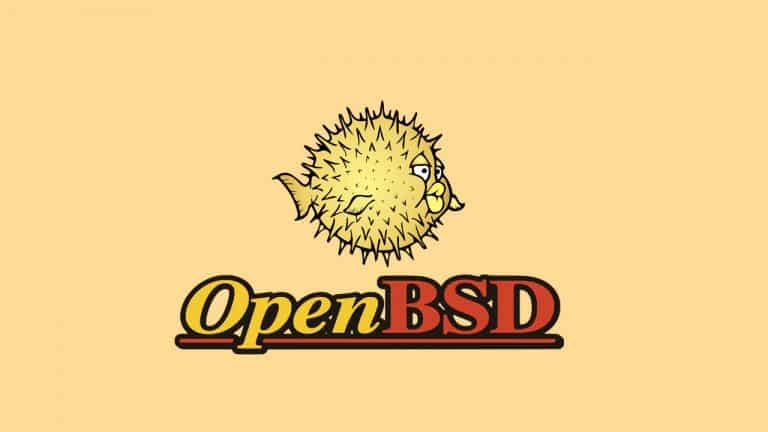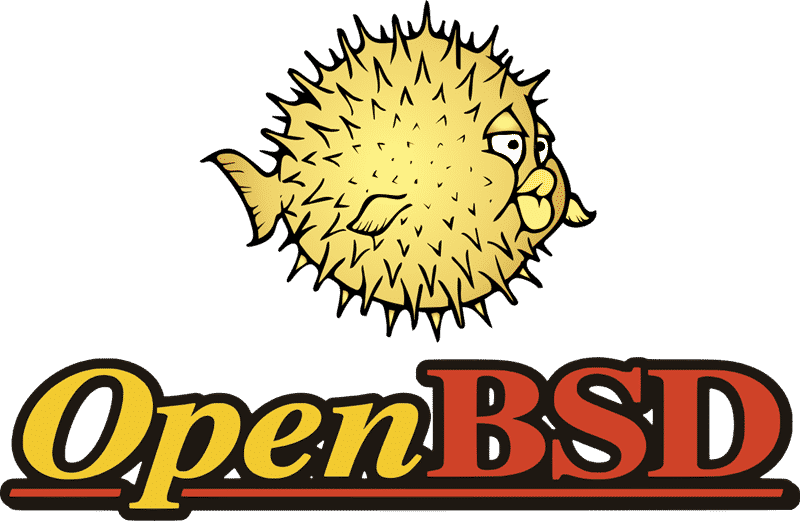Operating system plays a very important role in the overall security of your system. Though most of the people prefer Linux for obvious reasons, their search for the most secure operating system remains as it is. Today, I will introduce you to a highly secured OpenBSD OS and some of its awesome features. So, let’s get started..!!
According to the Open Berkeley Software Distribution (BSD) project’s homepage, “the OS has only two remote holes in the default install, in a heck of a long time!” Some security professionals also claim that Unix-like operating system evolved from AT&T Unix through the Berkeley Software Distribution (BSD), maybe the most secure OS of its type.
“OpenBSD was and is written from the ground up, with a security-first mindset and goal — making security the first priority,” said Joseph Wolff, founder, and CTO of eRacks Systems, which has been providing OpenBSD firewalls, laptops, the system installs for many years.
OpenBSD integrates security technology as required for building firewalls and private network services. The core OS and core packages are also security-audited as well. “OpenBSD features a minimal attack surface, including minimal installed packages in the default installation and a few open ports as possible,” Wolff added.
Also Read: 10 Best Operating Systems for Hackers and Pentesters
Other Advantages of OpenBSD
- Active development to integrate emerging technologies
- It supports a variety of hardware platforms
- Unix-like OS available in source and binary forms
- Minimal need for customization
- Free of Cost
Also, OpenBSD is distributed with several third-party products, including:
- GCC, the GNU compiler collection
- X.org, open-source implementation of the X Window System
- gdb, the GNU project debugger
- NSD DNS name server and Unbound caching DNS resolver
- Binutils binary tools collection
- LLVM/Clang, a language front end and tooling infrastructure for the C language family
- Ncurses library of free software emulation curses in System V Release 4.0
Perl programming language
According to the OpenBSD project community, if you have already used Unix, OpenBSD will feel familiar to you.
Also Read: Top 5 Open Source Operating Systems for IoT devices
OpenBSD Tools
OpenBSD Project is responsible for several popular tools. “The most well-known is OpenSSH — arguably the backbone of the Internet — is written and maintained by the OpenBSD team,” Wolff says. Apart from this, the other tools available for Linux, Unix, and Windows include:
- OpenNTPD: A free Network Time Protocol that syncs the local clock with the remote NTP. It can act as an NTP server itself.
- LibreSSL: A TLS version that helps modernize the code base and improve security.
- OpenBGPD: A free Border Gateway Protocol implementation that allows ordinary machines to be used as a router.
- OpenSMTPD: A free server-side SMTP implementation that allows machines to exchange emails.
The OpenBSD has an active community. You will get access to resources, such as OpenBSD Journal. You can also join mailing lists including developer lists where you can connect with users. If you are interested, you can try OpenBSD 6.5 for free from here.


